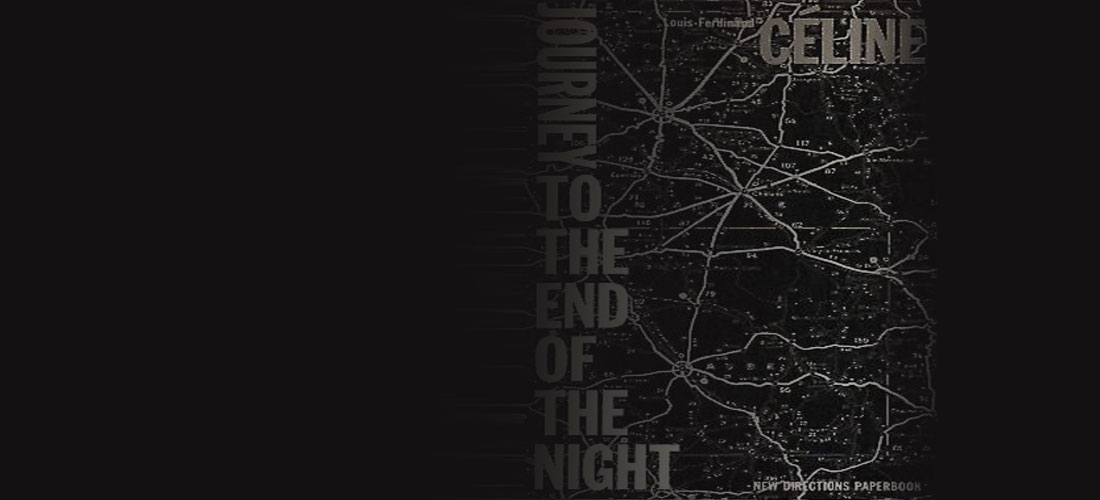
Written by Louis-Ferdinand Céline and first published in 1932, this novel is regarded by many as the best expression of 20th Century consciousness and culture. For the author, this was both a blessing and a curse. Journey to the End of the Night is a dark and pessimistic work and offers a very critical and misanthropic view of the world. Tragically, the subjects of his criticisms were only encouraged by his outrage.
Céline suffered the psychological scars shared by so many Europeans who lived through the First World War and everything after. As a result, the birth of existentialism enabled him and so many others, whether they knew it or not, to still find value in a world that had been literally and figuratively destroyed. Sadly, the world left behind after the war was lacking in the innocence and beauty and strength and power of his pre-war memories. Degraded and wounded, it became a receptive place for his darkly comic reflections and criticisms, and has remained still human perhaps only because of them. When all human striving is reduced only to worries of ass and bank account and once-revered professions like medicine (Céline was a doctor) are shot through with celebrated incompetence, fraud, and outright mockery, the enraged humanity of wounded men and women who may never again know the comfort and familiarity of the world they have always inhabited finds a voice in Céline.
Ironically, rather than having rendered the eternal and universal truths of this novel obsolete, as so many would apparently prefer, the dawn of the technology revolution has instead made them more urgent and more relevant than ever.
(Céline, Louis-Ferdinand (1983). Journey to the End of the Night. Manheim, Ralph (trans.). New York: New Directions. ISBN 978-0-8112-0847-5.)
